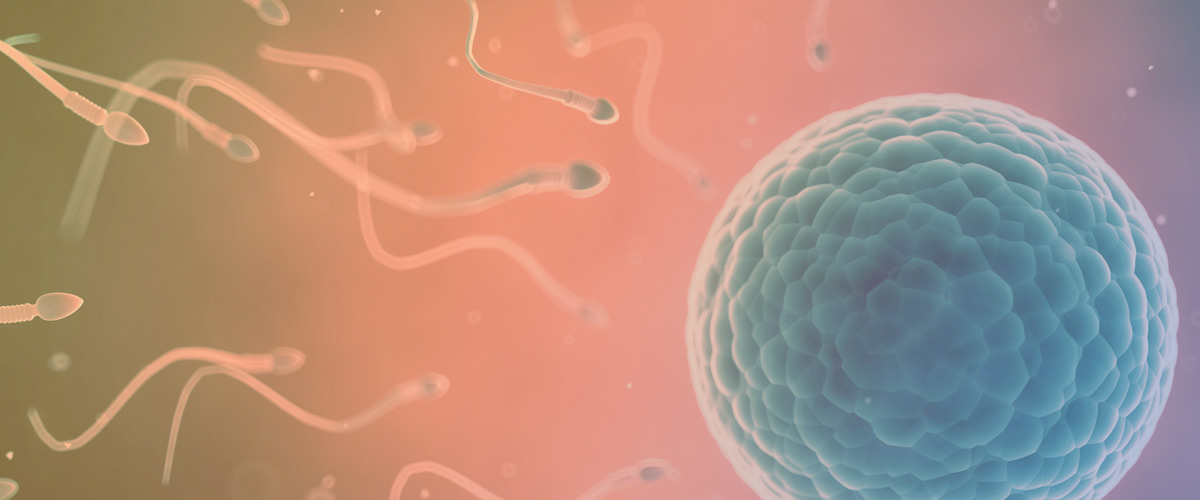Donor sperm and eggs
Donor sperm
If a heterosexual couple cannot conceive naturally, and pregnancy does not result from artificial or intrauterine insemination, in vitro fertilization, or ovarian stimulation, donated sperm may be used. This is most likely to be helpful if the cause of infertility is a male factor. If a man has a genetic disorder, the couple may decide to use donated sperm. Donor sperm is also commonly used by same-sex and trans couples, and single women. Donor sperm may be sourced from a friend or relative, or from a sperm bank. All reputable sperm banks screen potential donors carefully for medical disorders and infections. For the safety of the woman, and to comply with federal legislation, health care providers may only use donor semen from an accredited sperm bank.
Donor eggs
Donor eggs may be an option for women who have had their ovaries removed or who aren’t able to produce healthy eggs. This may be an option for women who are older and are struggling to conceive. Older women may also choose donor eggs to avoid some of the risks of conceiving at an advanced age, including early pregnancy loss and chromosome abnormalities in offspring. Another possible circumstances is when a woman has undergone chemotherapy or radiation and damage to her eggs may have occurred. If a woman carries a genetic disorder, she may choose to use donated eggs. Donor eggs can be sourced from a woman known to the couple or from an anonymous donor.

